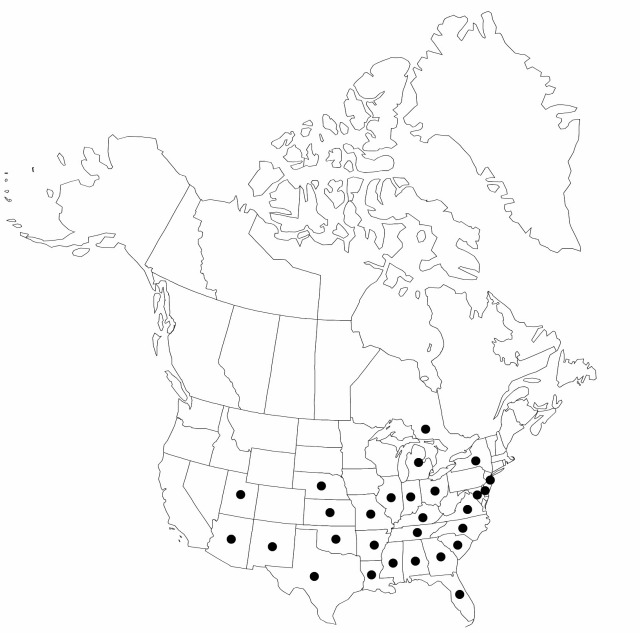Difference between revisions of "Fimbristylis puberula"
Enum. Pl. 2: 289. 1805.
imported>Volume Importer |
RevisionBot (talk | contribs) m (Bot: Adding category Revised Since Print) |
||
| (2 intermediate revisions by 2 users not shown) | |||
| Line 67: | Line 67: | ||
|publication year=1805 | |publication year=1805 | ||
|special status=Illustrated;Endemic | |special status=Illustrated;Endemic | ||
| − | |source xml=https:// | + | |source xml=https://bitbucket.org/aafc-mbb/fna-data-curation/src/2e0870ddd59836b60bcf96646a41e87ea5a5943a/coarse_grained_fna_xml/V23/V23_200.xml |
|genus=Fimbristylis | |genus=Fimbristylis | ||
|species=Fimbristylis puberula | |species=Fimbristylis puberula | ||
}}<!-- | }}<!-- | ||
| − | -->[[Category:Treatment]][[Category:Fimbristylis]] | + | --> |
| + | |||
| + | [[Category:Treatment]] | ||
| + | [[Category:Fimbristylis]] | ||
| + | [[Category:Revised Since Print]] | ||
Latest revision as of 18:37, 6 November 2020
Plants perennial, mostly loosely cespitose, to 100 cm, bases swollen; rhizomes short, knotty, or scaly, slender, contorted. Culms sometimes solitary, narrowly linear, distally angular, glabrous. Leaves ascending, from 1/3 as long to equally as long as culms, glabrous to pubescent; sheaths apically ciliate; ligule essentially absent or (in rhizomatous individuals) present, complete or incomplete; blades narrowly linear, 1–2 mm wide, mostly strongly involute, scabrid-ciliate. Inflorescences: anthelae simple or compound, compact or diffuse, mostly broad, ascending-branching; scapes slender, wandlike, 1 mm thick; lower leafy involucral bracts exceeded by or exceeding panicle. Spikelets variously red-brown, broadly ovoid to lance-cylindric, 5–10 mm; fertile scales broadly ovate, obtuse or obtuse-angled, 2.5–3.5 mm, abaxially glabrous or variously puberulent, midrib excurrent as mucro. Flowers: stamens 3; styles 2-fid, flat, fimbriate. Achenes yellowish to dark brown, lenticular-obovoid, 1 mm, with 11–20 vertical lines of horizontally rectangular or isodiametric, distinct or indistinct pits. 2n = 20.
Distribution

Ont., Ala., Ariz., Ark., Del., Fla., Ga., Ill., Ind., Kans., Ky., La., Md., Mich., Miss., Mo., N.C., N.J., N.Mex., N.Y., Nebr., Ohio, Okla., S.C., Tenn., Tex., Utah, Va.
Discussion
Varieties 2 (2 in the flora).
Selected References
None.
Key
| 1 | Culm bases swollen, knotty, closely joined forming short thick, knotty rhizomes; leaves and sheaths totally pubescent or glabrous; ligule absent or incomplete; backs of involucral sheaths and fertile scales puberulent at least distally. | Fimbristylis puberula var. puberula |
| 1 | Culm bases not swollen, producing several slender, scaly, orange rhizomes; leaves and sheaths mostly glabrous; ligule present, mostly complete; involucral sheaths and fertile scales usually smooth. | Fimbristylis puberula var. interior |